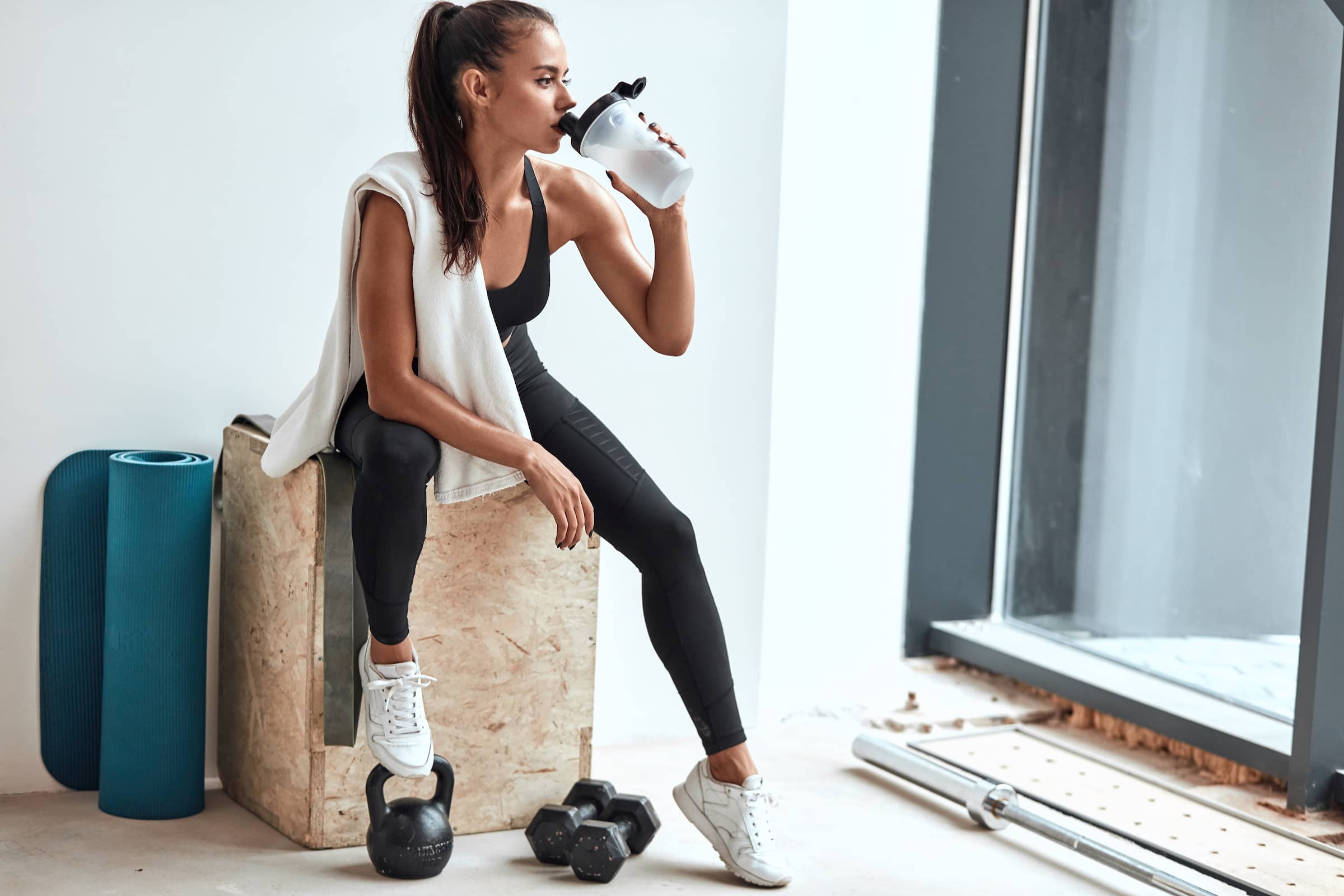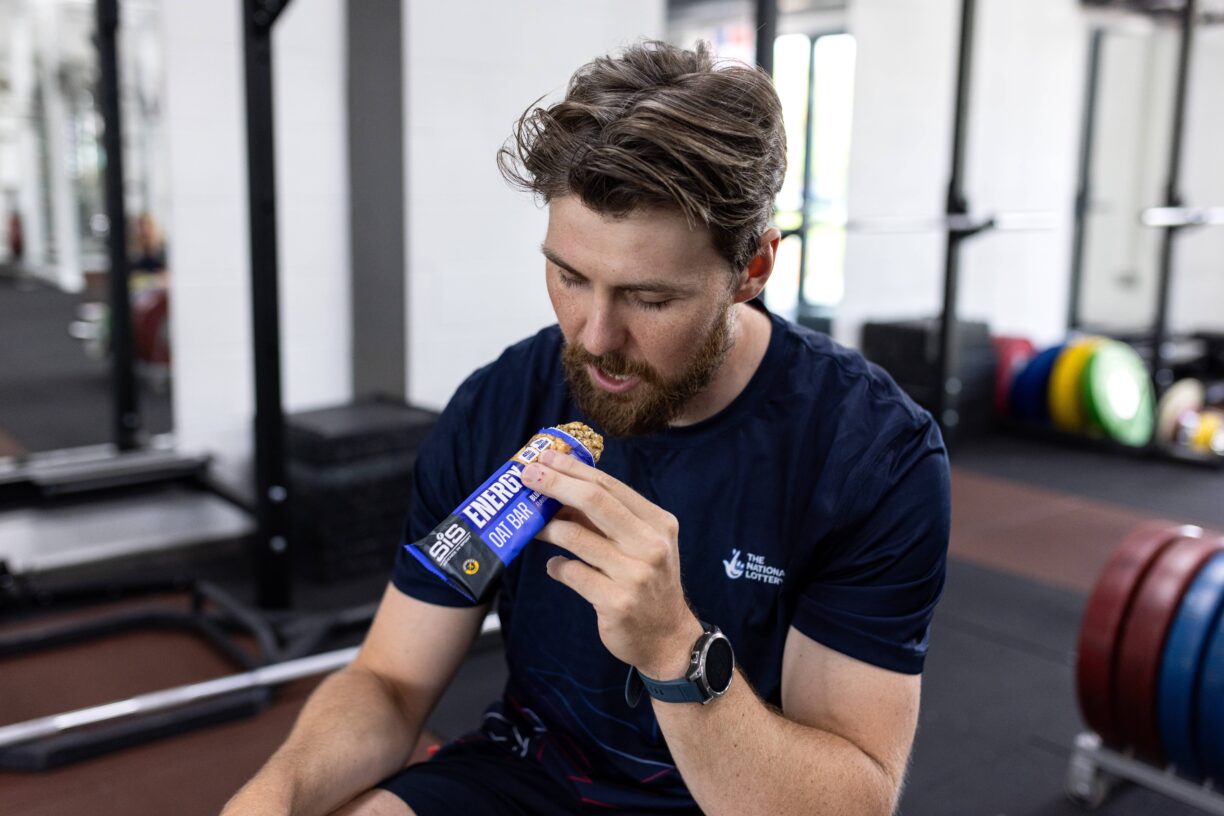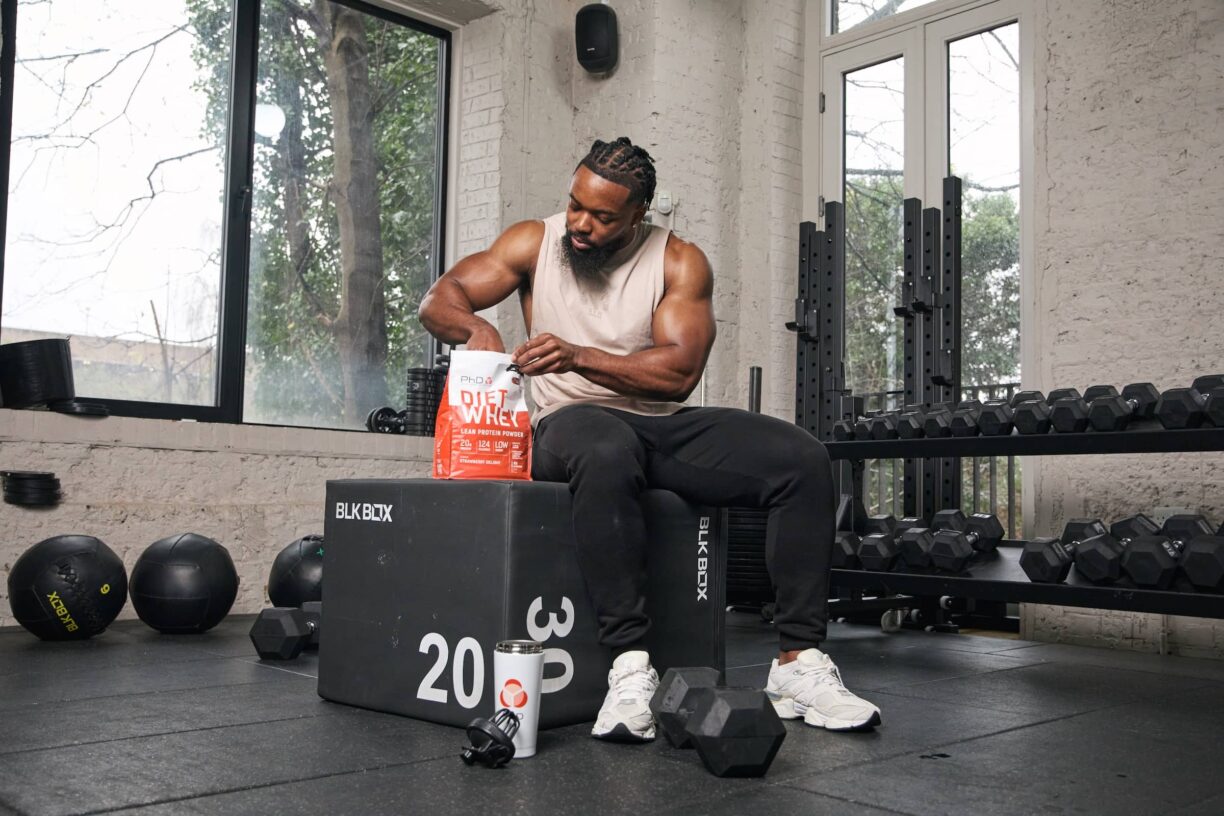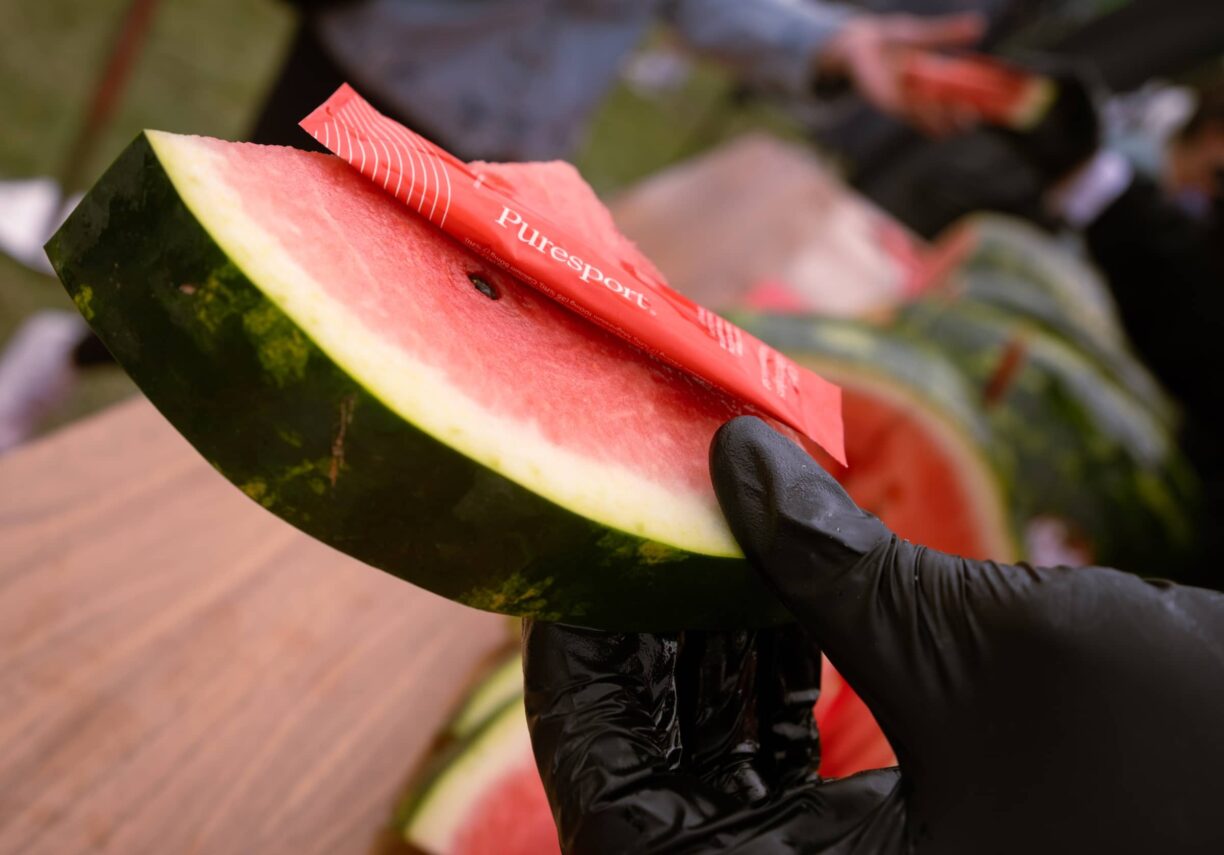While we frequently encounter tips on maintaining hydration, comprehending the scientific principles behind proper hydration, particularly concerning fitness performance, is imperative.
Delving into the intricate physiological aspects of hydration reveals how hydration significantly influences our body’s functions and maintains a delicate balance, especially during physical activity.
Gaining insights into this scientific foundation helps us appreciate the critical role of effective Hydration Performance Water Strategies in optimizing fitness performance and overall health.
Importance of Hydration in Fitness Performance and Overall Health
Hydration is crucial for fitness performance and overall health due to its multifaceted impact on our physiological processes. In exercise, maintaining adequate fluid levels is essential for peak performance.
Dehydration can hinder endurance and strength by compromising the body’s ability to control temperature and transport nutrients efficiently.
Our muscles produce heat and sweat during exercise. It is the body’s way of cooling down. Insufficient hydration disrupts this cooling mechanism, leading to fatigue and decreased performance.
On a broader health scale, water is a fundamental player in various bodily functions. It aids digestion by facilitating the breakdown of food and the absorption of nutrients.
Proper hydration supports blood circulation, ensuring that oxygen and nutrients reach cells while also helping the kidneys filter waste products.
Furthermore, staying hydrated contributes to cognitive function, immune system resilience, and efficient metabolism.
In simple terms, drinking enough water is like providing your body with the tools it needs to perform at its best during workouts and daily life. It’s key to keeping your body cool, helping your muscles function, and ensuring everything runs smoothly inside.
So, whether you’re exercising or going about your day, sipping on water is a straightforward yet powerful way to support your body’s processes.
Hydration Needs During Exercise
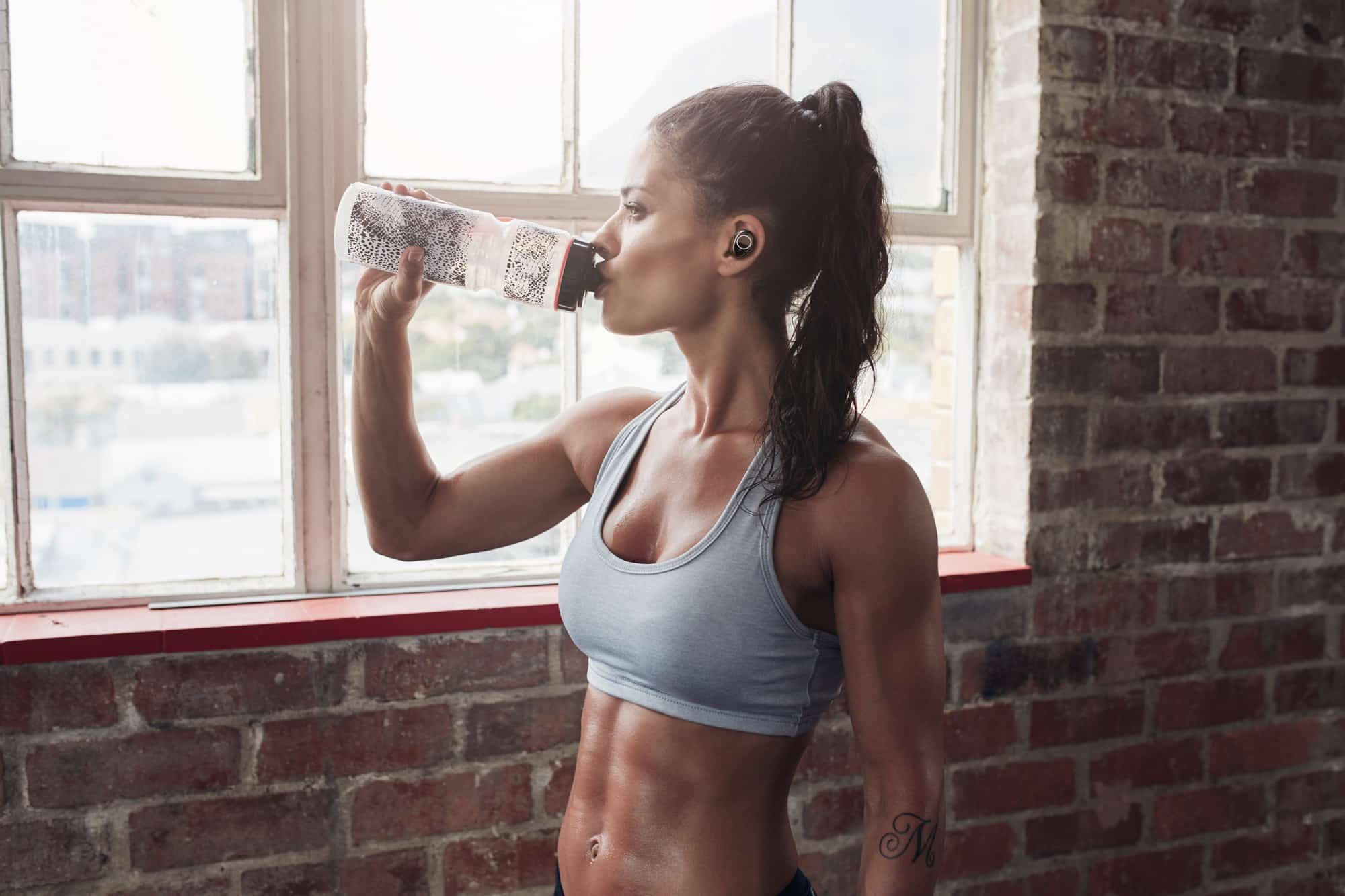
When engaging in physical activity, the intensity and period of exercise are crucial in determining hydration needs.
As we work out, our bodies generate heat, prompting an increase in sweating to regulate temperature. Higher intensity and longer duration activities result in more substantial fluid loss through sweat.
This heightened water demand is essential for maintaining optimal performance, preventing dehydration, and supporting the body’s cooling mechanisms.
Moreover, selecting the appropriate beverage during exercise is crucial for staying hydrated. Consider your options like water, sports drinks, and diet water – each offering distinct advantages.
Diet water, in particular, emerges as an excellent choice for fitness enthusiasts. With minimal or zero calories and often fortified with electrolytes, it aids in sustaining hydration without the extra calories present in sugary beverages.
This makes diet water a savvy option for those aiming to enhance fitness performance while being mindful of calorie intake.
Therefore, it becomes imperative to be mindful of fluid intake during and after exercise sessions, especially when intense or prolonged.
Hydration for Performance: Science-Based Water Strategies
- General Hydration Guidelines
- As a baseline, drink eight glasses or more of water daily (8×8 rule).
- Adjust intake based on age, weight, and activity level.
- Pay attention to thirst cues and urine colour to gauge hydration status.
- Pre-exercise Hydration
- According to a study, to ensure proper hydration before starting your session, try to consume 5-10 millilitres per kilogram of body weight (equivalent to 2-4 mL per pound) in the two to four hours leading up to your exercise.
- Drink an additional 8-10 ounces 20-30 minutes before the workout.
- Pre-hydration helps optimize fluid levels before physical activity.
- During-exercise Hydration
- Sip water regularly throughout the exercise, aiming for 7-10 ounces every 10-20 minutes.
- For longer or more intense sessions, consider sports drinks containing electrolytes for added benefit.
- Individual tolerance and sweat rates should guide fluid intake during exercise.
- Post-exercise Hydration
- Consume 16-24 ounces of water per pound of weight you lost during the exercise session.
- Include sources of electrolytes, like sports drinks or coconut water, to aid rehydration.
- Timing is crucial – begin rehydrating as soon as possible after exercise.
- Hydration and Nutrition Synergy
- Add water-rich foods like fruits and vegetables to your diet.
- Consider beverages with electrolytes, especially after intense or prolonged exercise.
- Ensure a balanced diet with adequate nutrients, as proper nutrition complements hydration for overall health and performance synergy.
Special Hydration Considerations for Athletes
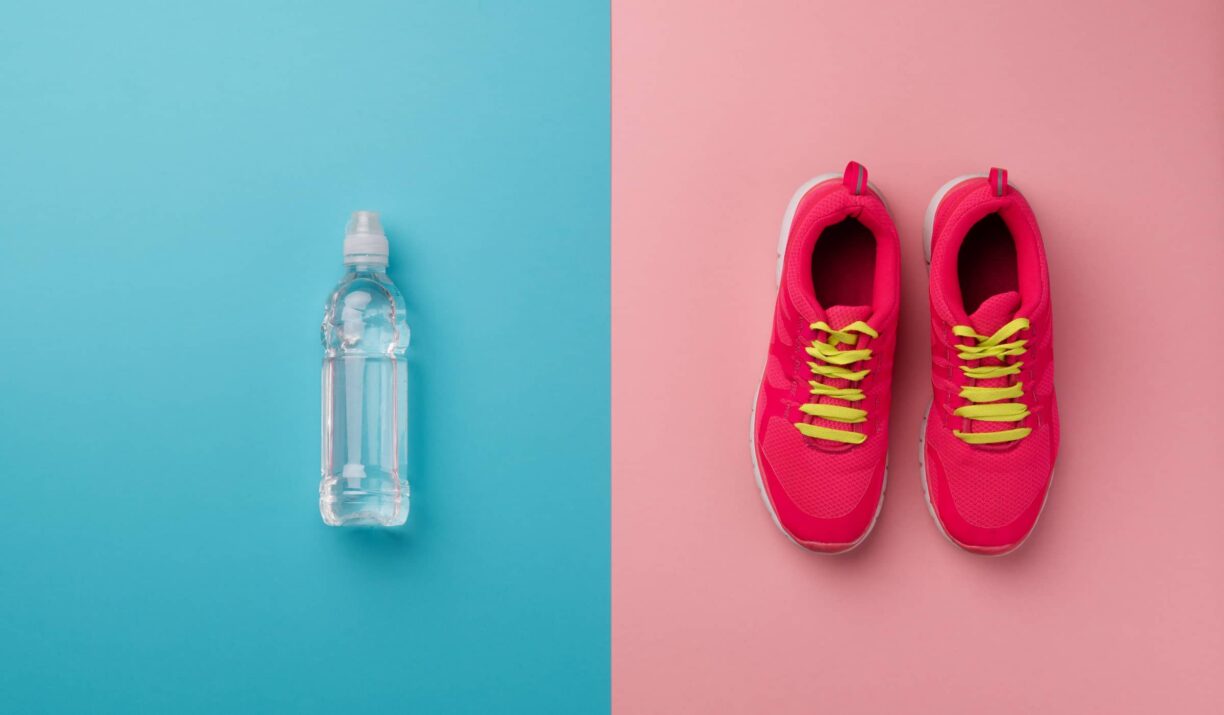
Athletes operate at varying intensities and durations, necessitating nuanced hydration strategies for peak performance. Tailored plans should encompass the following:
- Sport Type Variation
Different sports demand diverse energy expenditures and place distinct stress on the body. Endurance athletes, for instance, may require more fluids than those in less cardio-centric sports.
- Climate and Environmental Factors
Athletes training in hot and humid conditions lose more fluids through sweat. Adjustments to fluid intake must account for these environmental variables to prevent dehydration.
- Individual Sweat Rates
Athletes exhibit unique sweat rates influenced by genetics, acclimatization, and fitness levels. Understanding these rates helps customize hydration plans to offset fluid losses adequately.
- Post-Exercise Rehydration
Rapid rehydration post-exercise is vital. Including sodium in post-exercise meals or snacks aids fluid retention, supporting recovery.
- Electrolyte Management
Prolonged or intense activities result in electrolyte loss. Athletes may benefit from electrolyte-rich beverages or supplements to restore balance and prevent cramping.
- Monitoring Hydration Status
Regular assessment of hydration status, including urine colour and body weight changes, ensures timely adjustments to fluid intake.
Tips and Tools for Enhanced Hydration
- Smart Hydration Apps
Consider utilizing hydration apps like Hydro Coach, WaterMinder, and MyWater. These applications go beyond simple tracking, offering personalized reminders and insights to ensure you consistently meet your daily water intake goals.
- Urine Colour Chart
Simplify hydration assessment with a urine colour chart. Strive for a pale yellow hue, a sign of proper hydration. This uncomplicated yet effective method provides an immediate visual cue, allowing you to gauge and adjust your fluid intake easily.
- Hydration Wearables
Enhance your hydration routine with smart water bottles and hydration trackers that sync seamlessly with your devices. These wearable devices provide real-time data on your water consumption and send timely reminders, ensuring you stay on top of your hydration game effortlessly.
- Flavoured Water and Infusions
Infuse water with natural flavours like cucumber, mint, or citrus fruits. Experiment with herbal teas and low-sugar electrolyte drinks to add a delightful variety to your fluid intake, making hydration a necessity and a flavorful part of your routine.
- Pre/Post-Exercise Weighing
Adjust your hydration by weighing yourself before and after exercise. This simple practice helps estimate fluid loss, and rehydration becomes more precise with the recommended intake of 16-24 ounces of water for every pound lost during your workout, ensuring a balanced recovery.
- Strategic Hydration Timings
Incorporate water-rich foods before meals and integrate hydration breaks into your daily routine. Tailor your water intake around workouts, ensuring you’re adequately hydrated before, during, and after exercise, optimizing your overall performance.
Conclusion
Understanding the science of “Hydration Performance Water Strategies” is key to top fitness and health. It’s more than just drinking water; it’s a tailored mix of science-based approaches.
From general guidelines to athlete-specific tactics, these form a holistic method for balanced fluids.
Hydration impacts body functions like temperature control and cognitive abilities, highlighting its importance.
Tools like smart apps and timing add practicality while connecting hydration with nutrition promotes overall well-being.
Learning these strategies empowers us to excel in workouts and daily life, marrying hydration science with effective practices.
Author Bio.
Rick Kaselj is a highly respected health and fitness expert with over two decades of experience. He founded ExercisesforInjuries.com, OliviaDiet.com, Gentlestretching.net, Lifelongwellness.org, HealthNewsDay.com, and RealBodyReset, where he provides valuable resources on fitness, injury prevention, and healthy eating.
Rick’s unique approach to fitness emphasizes targeted exercises and proper form, promoting long-term health and injury prevention.
His expertise is showcased in his numerous books and training programs, which have helped countless individuals improve their physical health and well-being.
Rick’s dedication to helping people achieve their health goals has earned him a reputation as a trusted authority in the industry.

